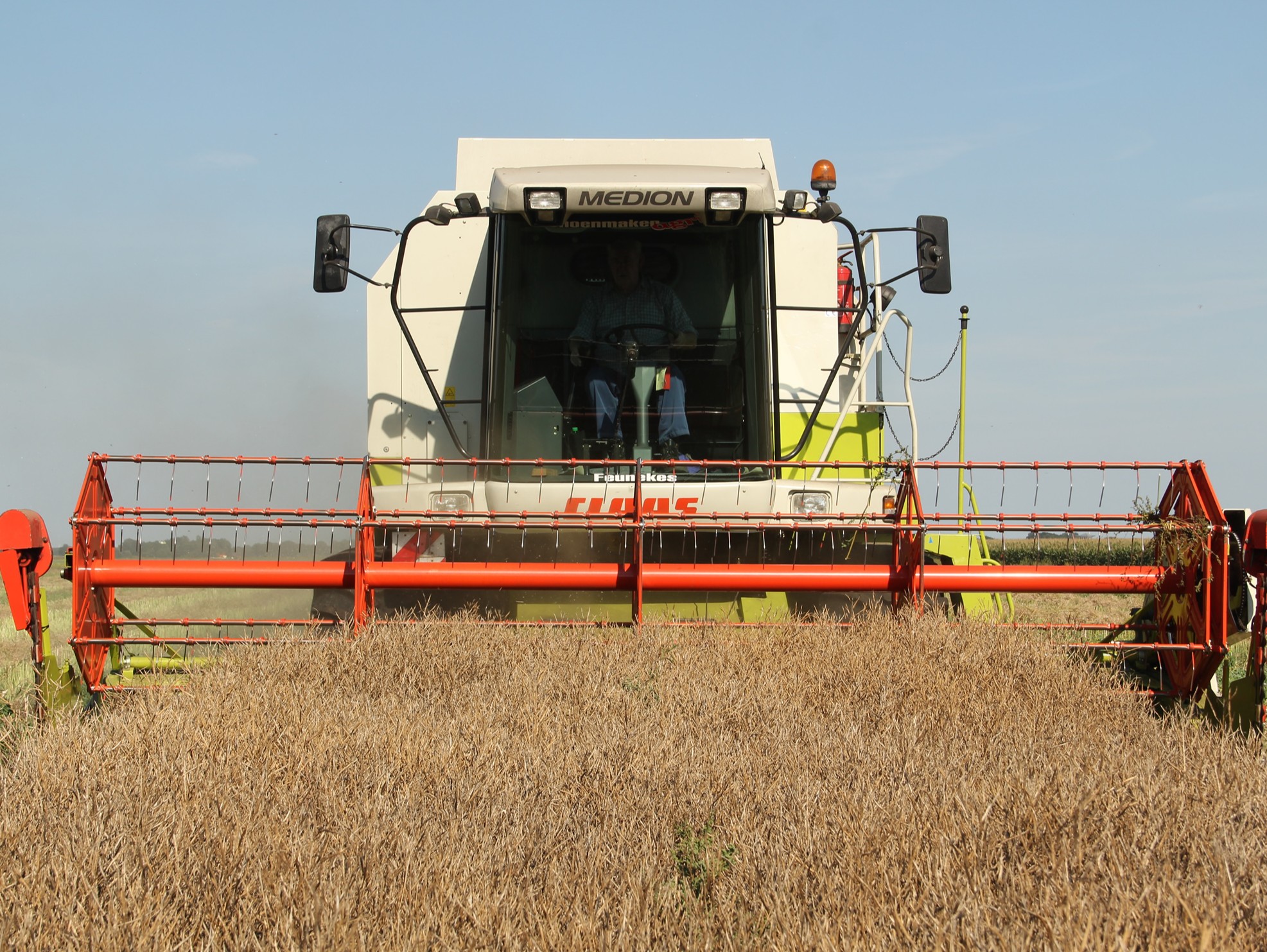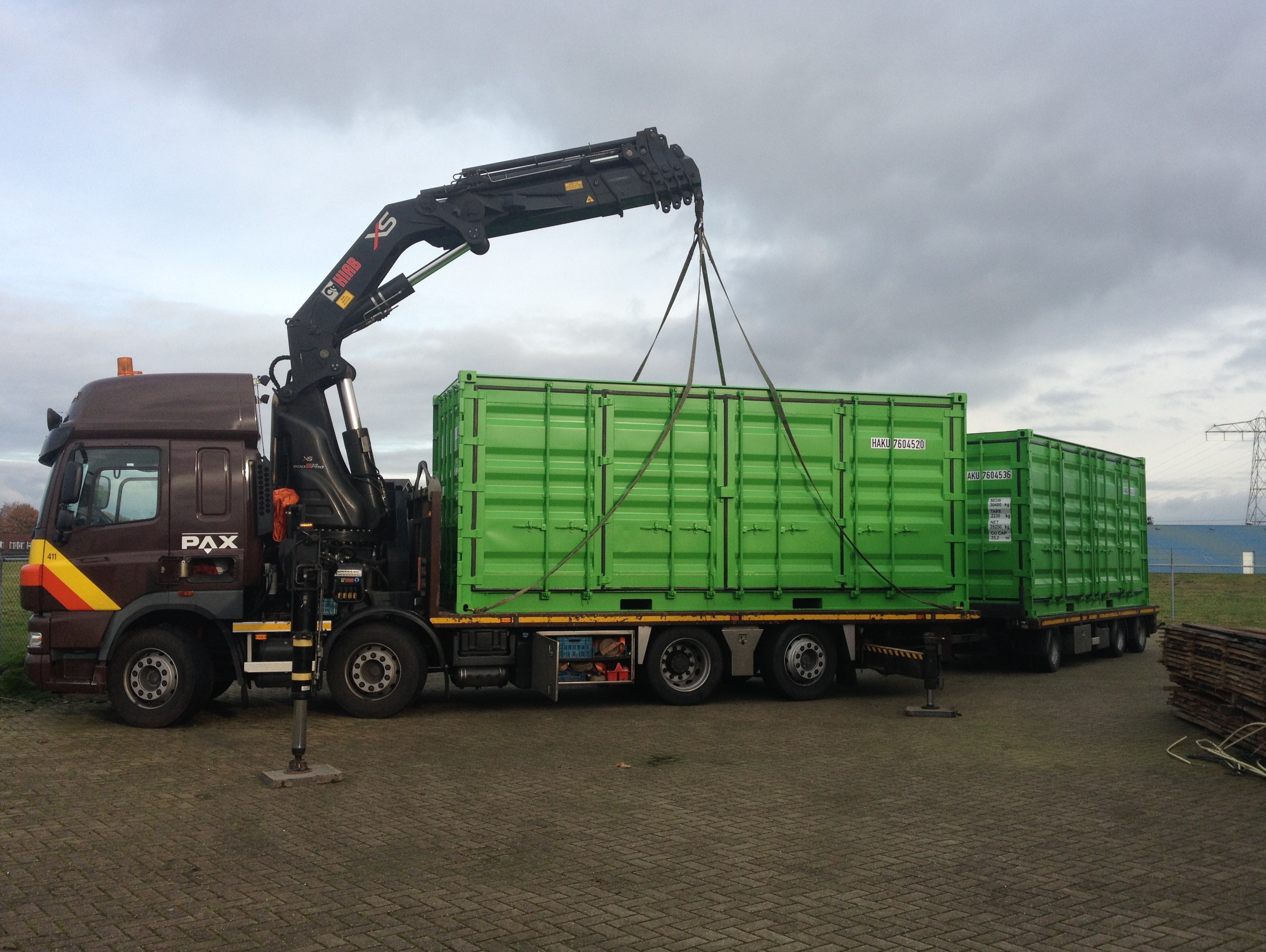
For food manufacturers, it pays to maximise the value they obtain from raw materials by utilising residual products and by-products from their production processes – and not just because reducing food waste and the topic of sustainability are so high on the agenda. What are the benefits?
The food industry, like the pharmaceutical industry, has a growing need for high-quality ingredients and nutrients such as starch derivatives, plant and animal-based proteins, fats, aromas and flavourings for all kinds of applications. Food processors can still make considerable efficiency gains and generate extra revenue by upgrading residual products into useful products, ingredients and energy, especially in view of the rapidly rising cost of sourcing agricultural resources.
To add value to by-products, TCEGoFour has developed a mobile processor called the Bio Product Processor (BPP). The processor is the result of research into the conversion of fish waste into biodiesel. The quest led to the development of an enzyme that, in an organic process, could convert oil-bearing crops into high-value proteins for use in the food and pharma industries, and as biodiesel. Wageningen UR and Rijksuniversiteit Groningen are currently conducting a study into additional ways of adding value to waste streams.
The BPP is primarily used by agricultural companies to convert their own residual rapeseed harvest into rapeseed root, biodiesel, glycerin and suchlike. They then use these products to generate their own electricity and heat, or as biofuel for their farm machinery. In addition, rapeseed produces press cake which not only serves as animal feed, but can also be converted into nutrients and proteins for use in the food industry. “By converting their own raw materials into semi-finished products and biomass, farmers gain more influence on the value within the chain,” says Peter van der Klok, director of TCEGoFour. “But the Bio Product Processor is also interesting for other links in the agri-food chain. Sustainable processing can add value to process streams such as slaughtering waste, old fat and fat from drains. The mobile processor can be used by food manufacturers on site to convert their by-products or waste products into proteins, for example, or to enable the generation of energy from algae and sewage sludge.”
The processor is based on the cascading principle and features four containers that are used separately: for glycerol, peptides, refinery and APPO (Advanced Pure Plant Oil, i.e. biofuel). The enzymatic process comprises plant-based oil plus bio-methanol or bio-ethanol to which is added an enzyme, namely a lipase of various types of microorganisms. The glycerol container ferments industrial degreasers and produces nutrients such as medical glycerol and glycerin soap. The output of the peptide container is antimicrobial peptides, food and flavour nutrients, cattle feed and an array of other substances. The refinery processor produces organic material, cattle feed, pig feed, phosphates and potassium. Finally, the output of the APPO unit is press cake, APPO, electricity, heat and glycerol: a sweetener that is used in the bakery industry and other sectors. Van der Klok: “The BPP must be filled with waste products regularly in order to keep the enzymes active, and can be controlled remotely. A 20-foot (approx. 6 metres) container can be expected to produce around 100,000 litres of biofuel a year. We install the relevant container on site in line with the process streams and raw materials that are to be converted. For now, we are starting with the Bio Energy container which enables companies to convert waste into press cake, biofuel and glycerin. The other three containers which can produce the other raw materials will follow shortly.”
The cost price of biofuel is currently approximately 50 eurocents less than the market price for regular biodiesel, although this can fluctuate between 30 and 60 eurocents depending on the process stream and volume. The investment cost of the BPP unit is between 200,000 and 300,000 euro. However, rather than selling the BPP, TCEGoFour retains ownership of the system and installs the relevant unit at the food manufacturer’s premises based on a lease agreement. “This approach works best in view of the permit application process. This is the quickest way to get the processor up and running on site.”
Taking control of valorising their own waste products in a sustainable manner not only helps companies in the food industry to gain a tighter grip on rising raw materials prices; it also enables them to generate electricity and heat that they can use directly to meet their own energy needs. Van der Klok: “Analysis has revealed that countless waste streams contain numerous nutrients and peptides. By utilising specially developed enzymes, we can extract these raw materials from the waste streams organically and upgrade them into high-value and expensive food ingredients.”

“In the near future, refinery will shift from factories to farms,” predicts Van der Klok. “Those who have control over the raw materials will be able to determine what happens to them. Food manufacturers will have to collaborate more closely with farmers, who will become their direct suppliers of not only the basic raw materials but also high-value ingredients. It pays to work together: the benefits are optimal product quality and continuity for manufacturers, better prices for farmers and it is also good for the rural economy – and ultimately, that’s a good thing for the entire agri-food chain,” concludes Peter van der Klok.
Source: TCE